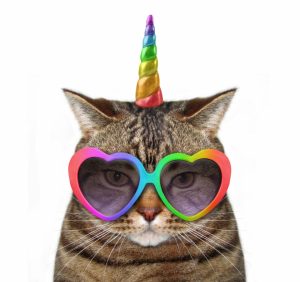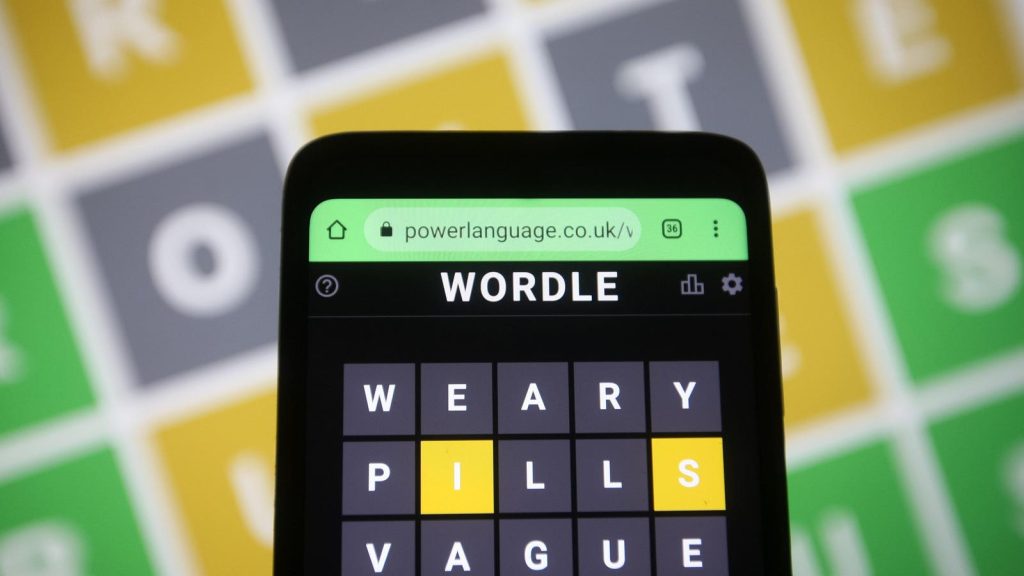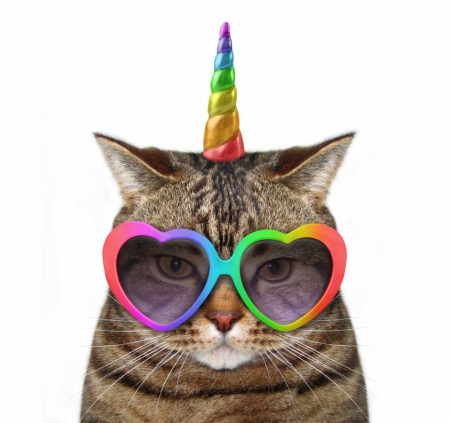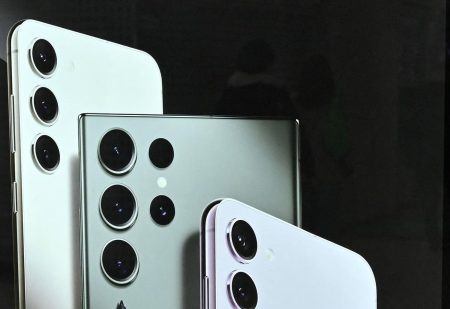I’ve had the oddest week. It started out pretty good but over the last couple days I’ve started to have a strange numbness in my pinky and ring-finger on my right hand. From what I can tell this is something to do with ulnar nerve entrapment (most likely, as it matches all the symptoms). In any case, this is not idea for typing! I’m hoping it goes away without needing medical intervention, but we shall see. There are stretches to do, but sometimes it requires surgery which would not be fun.
Getting older sucks sometimes. Falling apart piece by piece. Not a fan.
But enough griping and woe is me nonsense. It’s lazy Sunday time. Let’s Wordle!
How To Solve Today’s Word
The Hint: Not taken.
The Clue: This word starts with a consonant.
.
.
.
See yesterday’s Wordle #854 right here.
Wordle Bot Analysis
After each Wordle I solve I head over to the Wordle Bot homepage to see how my guessing game was.
I lucked out on both my first two guesses. Stone left me with less than 100 words to choose from and two yellow boxes. I went with all new letters for guess #2 and chose rival, which was unexpectedly great, slashing that number down to just one. The answer was, well, a given at that point. Huzzah!
Today’s Score
I get 1 point for guessing in three and 0 for tying the Bot. 1 point is better than the -2 I got yesterday, so I’ll take it!
Today’s Wordle Etymology
The word “smirk” has its origins in Old English. Let’s break down its etymology:
- Old English: The term “smircan” was used in Old English, which meant “to smile.” It’s worth noting that the connotation of this word was not necessarily negative during this period.
- Middle English: As the language evolved, the term became “smirken” in Middle English. During this period, the word began to take on a more specific meaning, often referring to a smile that was self-satisfied or smug.
- Modern English: In contemporary usage, “smirk” typically refers to a smug, conceited, or insincere smile. The negative connotation associated with the word is more pronounced in modern times than in its Old English origins.
The evolution of “smirk” from a general term for smiling to a word with a more specific and sometimes negative connotation is a good example of how the meanings of words can shift over time.
Play Competitive Wordle Against Me!
I’ve been playing a cutthroat game of PvP Wordle against my nemesis Wordle But. Now you should play against me! I can be your nemesis! (And your helpful Wordle guide, of course). You can also play against the Bot if you have a New York Times subscription.
Here are the rules:
- 1 point for getting the Wordle in 3 guesses.
- 2 points for getting it in 2 guesses.
- 3 points for getting it in 1 guess.
- 1 point for beating me
- 0 points for getting it in 4 guesses.
- -1 point for getting it in 5 guesses.
- -2 points for getting it in 6 guesses.
- -3 points for losing.
- -1 point for losing to me
You can either keep a running tally of your score if that’s your jam or just play day-to-day if you prefer.
Read the full article here










